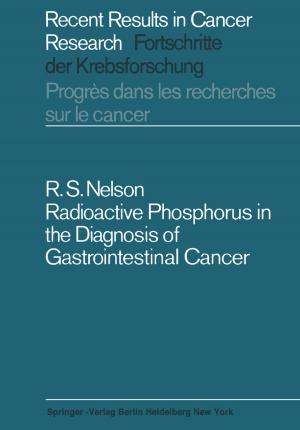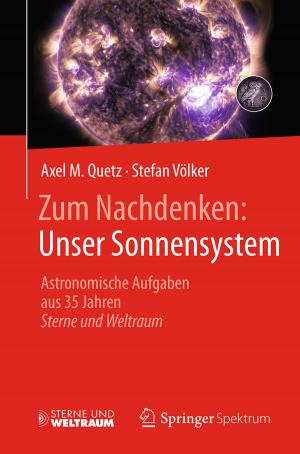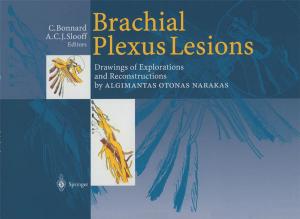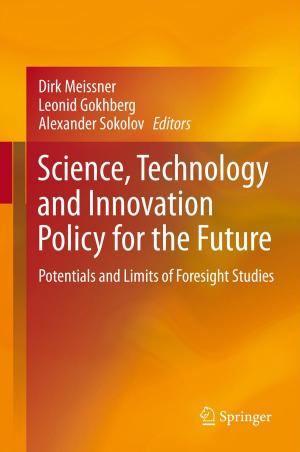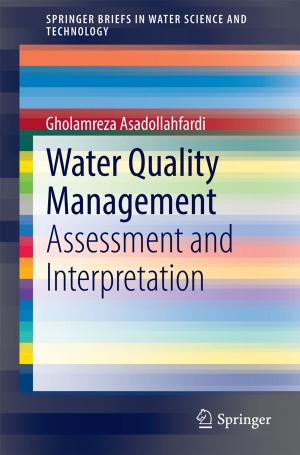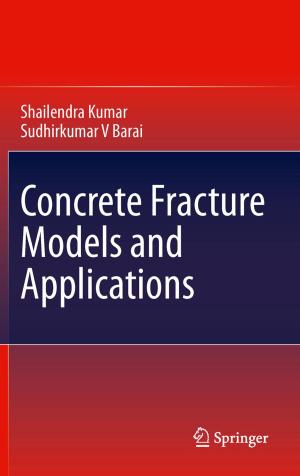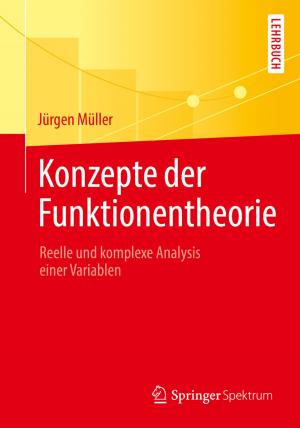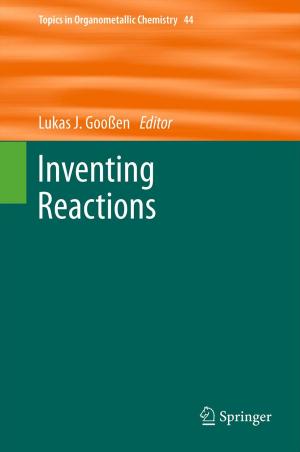The Management of Non-Hodgkin’s Lymphomas in Europe
Nonfiction, Health & Well Being, Medical, Specialties, Internal Medicine, Endocrinology & Metabolism, Oncology| Author: | ISBN: | 9783642755286 | |
| Publisher: | Springer Berlin Heidelberg | Publication: | December 6, 2012 |
| Imprint: | Springer | Language: | English |
| Author: | |
| ISBN: | 9783642755286 |
| Publisher: | Springer Berlin Heidelberg |
| Publication: | December 6, 2012 |
| Imprint: | Springer |
| Language: | English |
The European School of Oncology came into existence to respond to a need for informa tion, education and training in the field of the diagnosis and treatment of cancer. There are two main reasons why such an initiative was considered necessary. Firstly, the teaching of oncology requires a rigorously multidisciplinary approach which is difficult for the Univer sities to put into practice since their system is mainly disciplinary orientated. Secondly, the rate of technological development that impinges on the diagnosis of cancer has been so rapid that it is not an easy task for medical faculties to adapt their curricula flexibly. With its residential courses for organ pathologies and its seminars on new techniques or on the principal therapeutic controversies, it is the ambition of the European School of Oncology to fill a cultural and scientific gap and, thereby, create a bridge between the Uni versity and Industry and between these two and daily medical practice. One of the more recent initiatives of the ESO is the Intercity Meetings. The concept of Inter city Meetings was first put forward with the idea of creating total coverage throughout Europe of certain tumours at the forefront of research and, in some cases, controversy.
The European School of Oncology came into existence to respond to a need for informa tion, education and training in the field of the diagnosis and treatment of cancer. There are two main reasons why such an initiative was considered necessary. Firstly, the teaching of oncology requires a rigorously multidisciplinary approach which is difficult for the Univer sities to put into practice since their system is mainly disciplinary orientated. Secondly, the rate of technological development that impinges on the diagnosis of cancer has been so rapid that it is not an easy task for medical faculties to adapt their curricula flexibly. With its residential courses for organ pathologies and its seminars on new techniques or on the principal therapeutic controversies, it is the ambition of the European School of Oncology to fill a cultural and scientific gap and, thereby, create a bridge between the Uni versity and Industry and between these two and daily medical practice. One of the more recent initiatives of the ESO is the Intercity Meetings. The concept of Inter city Meetings was first put forward with the idea of creating total coverage throughout Europe of certain tumours at the forefront of research and, in some cases, controversy.


